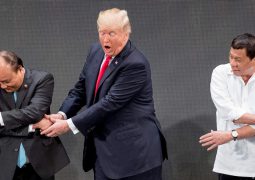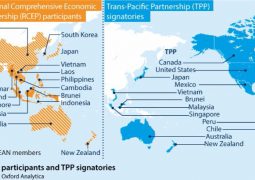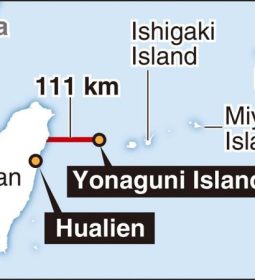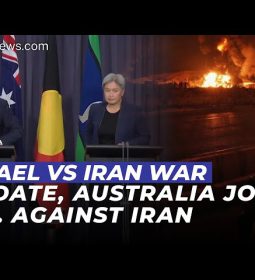Netherlands Backs off and Ends Nexperia Intervention, Resolving China Chip Standoff

- ■
Dutch government suspends intervention at Nexperia following constructive talks with Beijing
- ■
China now permits European companies to export Nexperia chips, reversing export blocks
- ■
Automotive giants like Stellantis (+0.7%) and Volkswagen react to supply chain resolution
- ■
Cold War-era dispute resolution signals potential thaw in US-China-Europe tech tensions
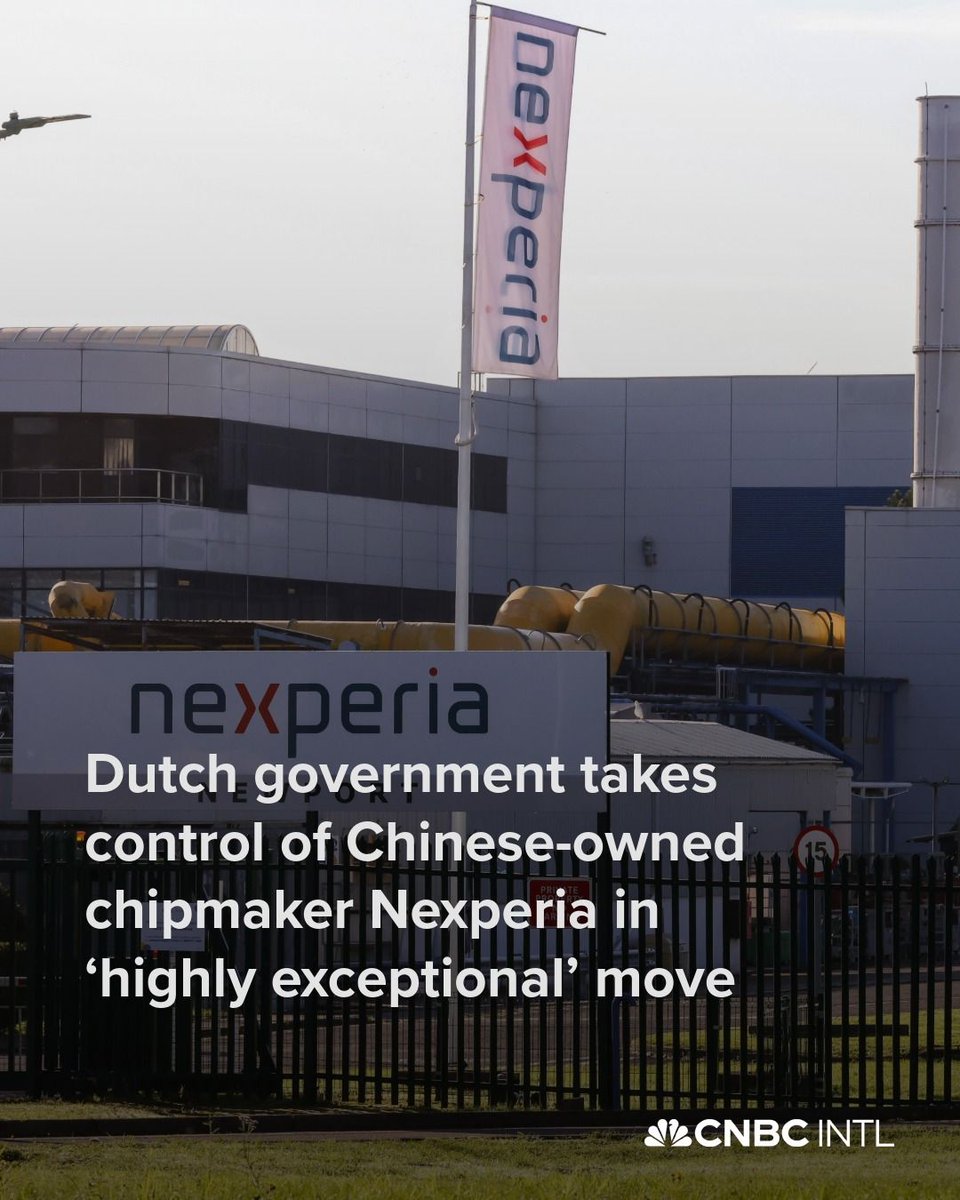
The Netherlands just backed down from its unprecedented takeover of Chinese-owned chipmaker Nexperia, suspending state intervention after two months of escalating trade tensions. The move ends a bitter dispute that threatened global automotive supply chains and sent car manufacturers scrambling for alternative chip sources.
The Dutch government just blinked first in its high-stakes showdown with China over semiconductor sovereignty. Economy Minister Vincent Karremans announced Wednesday that the Netherlands is suspending its controversial intervention at Nexperia, the Chinese-owned chipmaker that became the epicenter of a two-month trade war threatening global automotive supply chains.
“We see this as a show of goodwill,” Karremans posted on X, signaling a dramatic de-escalation after Beijing agreed to let European companies resume exporting Nexperia’s critical automotive chips. The reversal comes as auto manufacturers from Stellantis to Volkswagen had been sounding alarms about worsening chip shortages.
This standoff began in September when the Dutch government invoked the Cold War-era Goods Availability Act to effectively nationalize Nexperia – a move so unusual it hadn’t been used since the legislation’s creation decades ago. The trigger? U.S. security concerns about the Chinese company Wingtech’s control over a firm that produces billions of chips for cars, smartphones, and industrial equipment.
China’s response was swift and punishing. Beijing immediately blocked all exports of Nexperia’s finished products, creating supply chain chaos just as the automotive industry was recovering from previous chip shortages. The Netherlands-based company, despite its European headquarters in Nijmegen, found itself caught between competing geopolitical forces – a microcosm of the broader tech cold war reshaping global commerce.
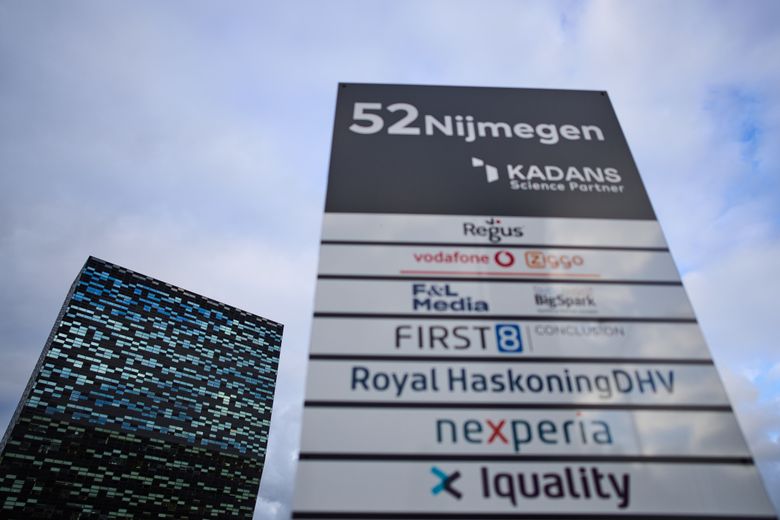
The resolution appears to hinge on what Karremans described as Beijing now “permitting companies from European and other countries to export Nexperia chips.” This careful diplomatic language suggests China agreed to carve out exemptions for Western customers while maintaining broader export restrictions – a face-saving compromise that lets both sides claim victory.
Markets are already pricing in the relief. Stellantis shares jumped 0.7% on the news, though German automakers Volkswagen, Mercedes-Benz, and BMW traded slightly lower as investors remained cautious about the durability of any agreement.
The Nexperia saga reveals how quickly semiconductor supply chains can become weaponized in today’s fractured global economy. The company specializes in high-volume production of power management chips and discrete semiconductors – unglamorous but essential components that keep everything from electric vehicles to data centers running. When those exports stopped, automotive production lines faced immediate threats.

What makes this resolution particularly significant is the precedent it sets for future tech disputes. Rather than escalating to full economic warfare, both sides found an off-ramp that preserves commercial relationships while addressing security concerns. The Dutch government will continue talks with Chinese authorities “over the coming weeks,” suggesting ongoing negotiations about longer-term arrangements.
But don’t mistake this for a return to pre-2024 normalcy. The underlying tensions that sparked this crisis – American pressure on allies to restrict Chinese tech access, Beijing’s growing assertiveness in protecting its tech champions, and Europe’s struggle to maintain commercial ties while addressing security concerns – remain unresolved. The Nexperia intervention was suspended, not permanently lifted.

The timing also matters. This de-escalation comes as the incoming Trump administration prepares to potentially ramp up tech restrictions on China, creating pressure for allied nations like the Netherlands to choose sides more decisively. Today’s compromise might be temporary breathing room before larger storms ahead.
The Dutch-Nexperia resolution offers a template for managing tech trade disputes without full economic warfare, but it’s likely a temporary truce rather than lasting peace. As semiconductor supply chains become increasingly politicized, companies and governments will need to navigate an environment where technical components can instantly become geopolitical weapons. The real test will be whether this pragmatic approach survives the next wave of US-China tensions.
- Previous Russia is back in Syria in bold way: Al-Sharaa Governments asks Moscow to re-establish nine military positions in Syria’s Quneitra
- Next Countries of Trans-Caspian Transport Corridor Vow to Deepen Cooperation





